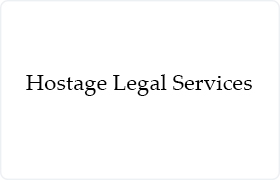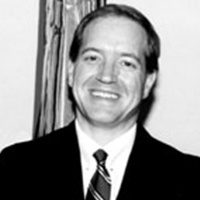Bowie Criminal Lawyer, Maryland, page 5
Sponsored Law Firm
-
 x
x

Click For More Info:
-
Hostage Legal Services
30 Courthouse Sq Ste 305 Rockville, MD 20850» view mapCriminal Defense Law The Experience And Insight You Need
Hostage Legal Services cares about your legal challenges. This comprehensive firm is located in Rockville, MD, and serves clients both statewide and nationally.
800-931-4481
Megan E. Coleman
Lawsuit & Dispute, Federal Appellate Practice, White Collar Crime, Criminal
Status: In Good Standing
Gladys Minerva Weatherspoon
Traffic, Litigation, Divorce & Family Law, Criminal, Securities Fraud
Status: In Good Standing
Johnine Nicollette Clark
Litigation, Family Law, Divorce & Family Law, Criminal
Status: In Good Standing
 Christopher Hostage Rockville, MD
Christopher Hostage Rockville, MD AboutHostage Legal Services
AboutHostage Legal Services Practice AreasExpertise
Practice AreasExpertise
